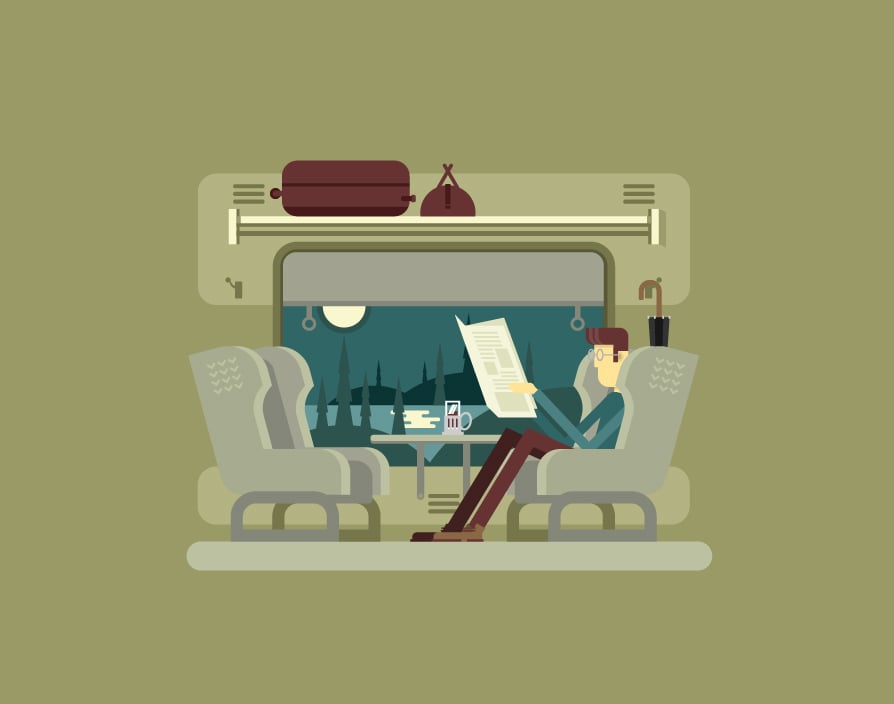Growing up as an immigrant in the Bronx, mobility referred to opportunity, not transportation. My young parents had moved with three kids from Jamaica to New York to realise the American dream. Upward mobility was our drive.
However, as I grew older I came to understand the link between the metaphorical and literal senses of mobility. In high school, the train from the Bronx to Manhattan facilitated a visit to the Promised Land. The fact that the trip only cost me $1 each way meant that I could go to Manhattan as often as I liked. Once I joined the debate team in high school, my friends and I would trek to the Mid-Manhattan Library on Fifth Avenue so that we could research in style. Even if a fictional Carrie Bradshaw would get married there years later in one of the Sex and the City movies, I can proudly say I conquered the place first.
When I joined Wayra UK, Telefónica’s technology accelerator, as its director in 2014, we commissioned a study on the UK tech ecosystem. We found that most founders were upper-middle class, white men that worked in zones one and two of central London. Subsequent studies confirmed that more than 60% of all funding goes to London-based startups. Therefore, we decided to “democratise entrepreneurship” by opening up new spaces in Oldham, Cheltenham, Birmingham, Milton Keynes and Haringey.
What I did not expect was just how painful the experience of travelling to these different locations would be. A return train ticket from Manchester to London costs £200. A flight costs £349. I could get a return flight from Manchester to Malta for less, as it would land on £279. How many entrepreneurs can afford these prices?
And it’s not as if the service is delightful. Standing on a costly, long-distance train makes no sense to me. Though most of us, hopefully, won’t be dragged off an overcrowded flight anytime soon, airlines are little better. Many companies seem to treat customer service as an inconvenience best avoided.
Incumbents that treat customers badly are fodder for hungry startups like Citymapper, Skyscanner, Trainline and Uber, which participate in a £900bn market. That’s why we’re launching the Intelligent Mobility Accelerator, powered by Wayra and the Transport System Catapult and supported by Network Rail, Thoughtworks Ventures and Telefónica Smart Steps. It will be based in Milton Keynes, which raises the question of whether it makes sense to build entrepreneurial hubs that are costly to reach. Founders with billion-dollar dreams shouldn’t be blocked by sky-high transportation costs. The country needs an entrepreneur’s railcard to give entrepreneurs discounts and achieve true mobility, in both the literal and metaphorical senses.![]()
Share via:








































